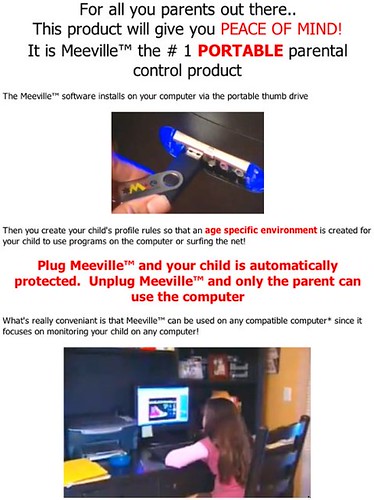Thanks to a Diigo friend request I learned about “The Institute for Responsible Online and CellPhone Communication” and the “SextCasting is Stupid” site. On the page, “Don’t Be Stupid” organization leaders list the following myths related to SextCasting:
Myth: Deleting a picture or video from your webpage deletes it forever.
Myth: Deleting a picture or video from your digital camera or phone deletes it forever.
Myth: Deleting a picture or video from your computer deletes it forever.
Myth: Nobody else can ever gain access to your private webpage.
Myth: Broadcasting from your webcam is always private and never being recorded.
Myth: Your actions while using the internet, cell phones and other digital technologies has no effect on anyone else including your friends and family.
These are very important myths to debunk related to the topics of digital citizenship, Internet safety, and online ethics. The institute defines “sextcasting” as:
… the process by which an individual(s) performs actions of a risqué or sexually explicit nature via a (live) webcam (or webcast), digital (image or video) camera, or other form of digital technology and sends and/or saves the content of their actions using digital technologies (i.e. a computer, camera card, email, social website, message board, etc).
Is a discussion of the dangers of sextcasting and the myths listed above part of your school’s health curriculum for the current school year? These are not likely topics most adults (including teachers) want to address with kids, but they are important and real none-the-less.
I don’t have any other information about this Institute beyond the contact info they provide and the info about organization co-founder and Executive Director, Richard Guerry, listed on his Ning page. The group is setup as a nonprofit soliciting contributions, and seeks to promote community alliances as well as other outreach methods. Unfortunately, to nominate your site to be listed with the organization’s “seal of approval,” you have to send them $21 US.
I agree we need to be talking about and addressing these issues in our homes, our churches, our schools, and our community organizations. I am quite reticent, however, to embrace the “our technology can give you complete peace of mind” approach reflected on the IROC2 and Meeville product page.
I definitely agree we need to promote perceptions of digital accountability and continuing conversations about these issues, but I disagree that any one product or combination of products can produce “complete peace of mind” when it comes to Internet dangers and temptations. See my posts on “OpenDNS” and Internet Safety more generally for more thoughts along these lines. My wiki curriculum for Internet Safety includes lots of other suggestions and links related to these topics.
The following five minute IROC2 public service announcement shares a vision with which I DO agree: Being proactive in our conversations about digital media and content. As the speaker says, we need to move beyond simply talking about the dangers of ACCESSING pornographic content online, and also discuss the dangers of people (including kids) CREATING and SHARING that content online.
Sexting, Online Safety & Responsibility 2.1C PSA
Common Sense Media remains my personal, favorite nonprofit organization focusing on the topics of Internet safety, parent education, media literacy, digital ethics, etc. See their newly published whitepaper, “Digital Literacy and Citizenship in the 21st Century: Educating, Empowering, and Protecting America’s Kids,” which:
…proposes eight key initiatives to develop a national digital literacy program and integrate it into our educational curriculum.
Technorati Tags:
education, ethics, health, safety, school, web2, internet, sexting, sextcasting, sexcasting


Comments
2 responses to “Debunking Myths of SextCasting”